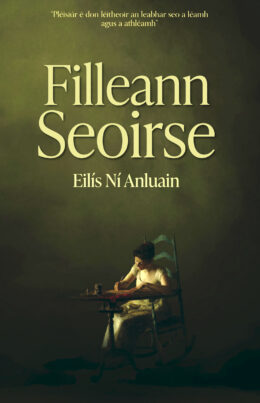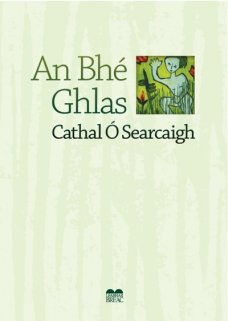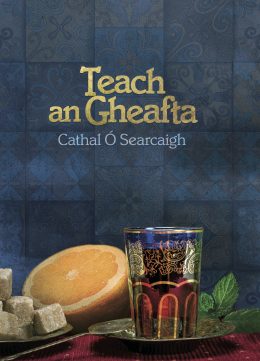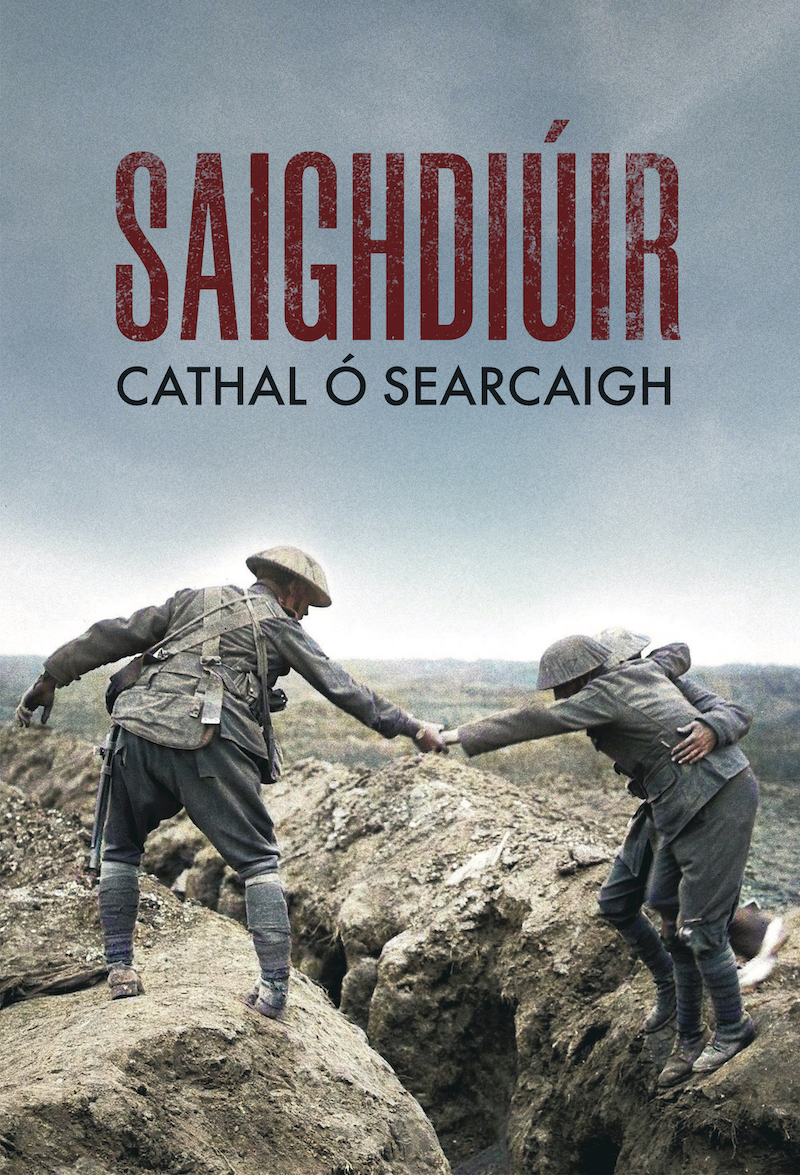Your cart is currently empty!
Saighdiúir
€16.00
Saighdiúir: 312 pp; paperback; 978-1-913814-35-9
This is the first novel in the Irish language to deal with the First World War. It is a landmark work of literature, a compelling account of life and loss on the western front.
A harrowing corrective to the myth of a just war
The novel’s protagonists are two young Gaelic speakers from Cloich Cheann Fhaola in north west Donegal who believe they are going on a glorious adventure without any real notion of the horrific realities they would encounter as infantrymen on the western front. Saighdiúir (Soldier) is an immensely moving book that evokes the horror and the terror of that dreadful conflict. It gives vivid heart-rending descriptions of the tragic waste of brief young lives fed into the voracious jaws of war. It is a harrowing corrective to the myth of a just war.
The power of the human spirit to endure
The book goes beyond military history, though, to give voice to the futility and pathos of all wars. In that respect it’s a raw, haunting anti-war novel. It captures the living hell of the front lines, the bombardment of bursting shells and belching artillery, the water-logged trenches, the dawn raids, the deadly mustard gas, the mud and blood and grime of a senseless war. And yet, in this endless horror the power of the human spirit to endure is truly remarkable. And in the midst of this savagery and slaughter are moments of tenderness, of immense courage and companionship.
The lost generation of Irishmen
Two hundred thousand Irishmen fought in the First World War. Until recently, the joining-up of these legions of men was, mostly, excised from our troubled history. This novel brings forth that lost, largely forgotten generation of Irish soldiers who fought and fell on the western front. It is a universal story of the brutality unleashed by war and a fitting testament from a generation marked for slaughter. This is a remarkable war novel and will stand with the best of its kind, an authentic and compelling addition to the war literature of Sassoon, Owens, Rosenberg and Remarque.
You may also like…
-

Hula Hul
Seán Mac Mathúna€12.00Kerry, 1923, as civil war rages all around them captain Mat Daly is ordered to present himself in Seanabhaile within five days with a despatch box... and a...
Add to cart -

Filleann Seoirse
Eilís Ní Anluain€15.00Filleann Seoirse: A lyrical, thoughtful and literary novel set in a seaside town in today’s Ireland. Told in the voice of a young woman, Lís, whose home life...
Add to cart -

An Bhé Ghlas
Cathal Ó Searcaigh€12.00Poetry at its most acute resists outdated assertions and dulled assumptions. In this sense, Cathal Ó Searcaigh's latest collection An Bhé Ghlas is at the cutting edge of...
Add to cart -

Teach an Gheafta
Cathal Ó Searcaigh€18.00This is the story of a young man and the fateful summer he spent in the Gate House in Mín na Móna in the Donegal Gaeltacht as he tries to make...
Add to cart

